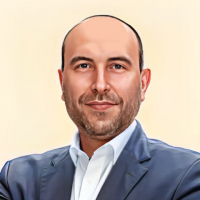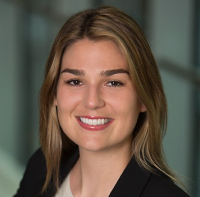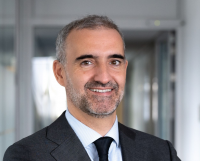Spend a night in a well-run hotel and you quickly understand what great service feels like. Someone greets you by name before you even speak. The lighting feels right, the coffee arrives just as you realize you want one, and the entire experience seems effortless. Behind that ease sits an army of precision, empathy, and design.
Now step into the world of private-market operations. Deadlines, data files, and reconciliations rule the day. Everything is precise, but little is personal. Yet, just like in hospitality, this is a business built on trust, emotion, and lasting relationships.
Fund administrators and AIFMs are, in a way, hosts. Investors are not hotel guests, but their expectations are strikingly similar. Many of them live in a world of white-glove service, private banks, family offices, and clubs where every detail is anticipated. When they interact with a fund administrator, they expect the same level of care: professionalism that feels human.
Hospitality reminds us that true excellence is not about getting everything perfect. It is about making people feel they are in good hands. As AI transforms our industry, that may be the most valuable skill of all.
Technology is changing that equation. Artificial intelligence is already automating much of what once required human intervention: data collection, reconciliations, report drafting, and even elements of compliance. The operational core is becoming faster, cleaner, and less dependent on manual work. But as machines take over the mechanical, the human side becomes more valuable than ever.
This is the moment to deploy our best people to client-facing roles. The differentiator in tomorrow’s fund administration will not be who has the biggest back office, but who delivers the most human experience. If AI can do the calculations, people should do what AI cannot: listen, anticipate, reassure, and connect.
White-glove service
We should be training our teams in service, not just in systems. Hospitality invests heavily in emotional intelligence, communication, and cultural awareness. Fund administrators should do the same. Luxembourg could even lead this shift, creating a new standard for what “white-glove service” means in private markets.
In hospitality, the best staff never wait for a complaint. They sense discomfort before it surfaces. Fund administrators can adopt the same mindset. Instead of reacting to problems, they can anticipate friction points, communicate early, and create calm in a system that thrives on complexity.
Atmosphere matters too. In a hotel, tone and design create comfort. In finance, it is the clarity of an onboarding portal, the transparency of a report, or the warmth of a message that builds trust. Small details create large perceptions.
Luxembourg already has what others cannot replicate: credibility, regulatory discipline, and an unmatched ecosystem. The next advantage will come from mastering what hospitality has long understood, that precision without empathy is sterile, and empathy without precision is chaos.
Private markets are ultimately human markets. Behind every capital call or NAV calculation sits someone’s money, trust, and ambition. We can process their data, or we can host their experience. The difference is not technical; it is emotional.
Hospitality reminds us that true excellence is not about getting everything perfect. It is about making people feel they are in good hands. As AI transforms our industry, that may be the most valuable skill of all.
Christophe Santer is a columnist for Investment Officer Luxembourg. A Luxembourg native, Santer has nearly two decades of experience in fund administration, investor services, and private markets. He also works as director of business development manager at bunch.













